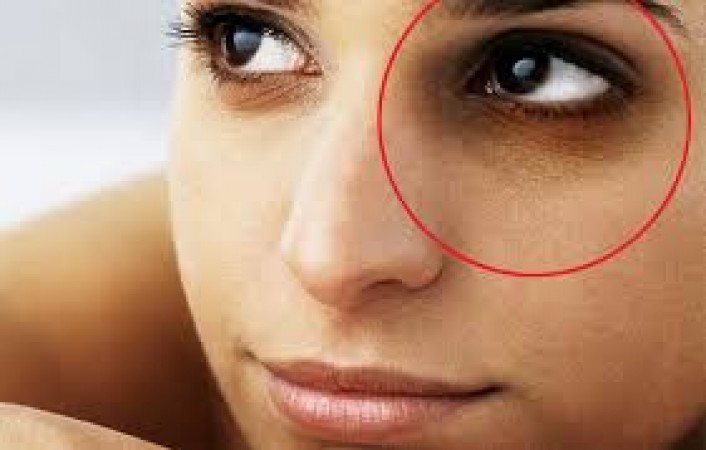
Dark circles under the eyes are a common concern for many individuals, often sparking questions about their underlying causes and potential health implications. While they can be bothersome from an aesthetic standpoint, do they truly signify poor health? Let's delve deeper into this topic to separate fact from fiction.
The Appearance of Dark Circles
Dark circles manifest as the darkening of the skin under the eyes, giving the area a shadowy or discolored appearance. They can vary in intensity, ranging from mild to severe, and may be accompanied by puffiness or swelling.
Dispelling the Myth
One prevalent myth surrounding dark circles is that they solely indicate poor health or fatigue. While lack of sleep and exhaustion can exacerbate their appearance, they are not always indicative of an underlying health problem. It's crucial to understand that various factors contribute to the development of dark circles, and their presence does not necessarily signify poor health.
Causes of Dark Circles
Several factors can contribute to the formation of dark circles under the eyes:
Genetics: Hereditary factors play a significant role in determining an individual's susceptibility to dark circles. If they run in your family, you may be more prone to developing them.
Thin Skin: The skin under the eyes is thinner and more delicate than skin elsewhere on the face. As a result, blood vessels and pigmentation may be more visible, leading to the appearance of dark circles.
Age: As we age, the skin loses collagen and becomes thinner, making blood vessels more apparent. This can contribute to the development of dark circles.
Allergies: Seasonal allergies or sensitivities to certain allergens can cause inflammation and swelling around the eyes, exacerbating the appearance of dark circles.
Dehydration: Lack of adequate hydration can lead to dull, sunken skin, making dark circles more pronounced.
Fatigue and Sleep Deprivation: While not a direct cause, fatigue and sleep deprivation can worsen the appearance of dark circles by causing the skin to appear dull and drawn.
Sun Exposure: Excessive exposure to sunlight can accelerate skin aging and increase melanin production, leading to hyperpigmentation under the eyes.
When to Seek Medical Advice
While dark circles are usually harmless and not indicative of a serious health issue, there are instances where they may warrant medical attention:
Persistent Swelling: If dark circles are accompanied by persistent swelling, redness, or pain, it may be a sign of an underlying medical condition such as an infection or allergy.
Sudden Onset: If dark circles appear suddenly and are not associated with factors like lack of sleep or allergies, it's advisable to consult a healthcare professional to rule out any underlying health concerns.
Conclusion
In conclusion, dark circles under the eyes are a common cosmetic concern that can be influenced by various factors such as genetics, aging, and lifestyle habits. While they are not necessarily indicative of poor health, they can affect one's appearance and self-confidence. Understanding the causes of dark circles and adopting healthy lifestyle practices such as staying hydrated, getting adequate sleep, and protecting the skin from sun damage can help minimize their appearance. If you have concerns about persistent or severe dark circles, it's always best to consult a healthcare professional for personalized advice and treatment options.
Waiting period of Mahindra Thar reduced, now these variants will be available soon
What is the difference between Tesla Model 3 and Xiaomi SU7? Know here
Now the wait to bring Mahindra XUV700 home is less, know what are the new waiting period details